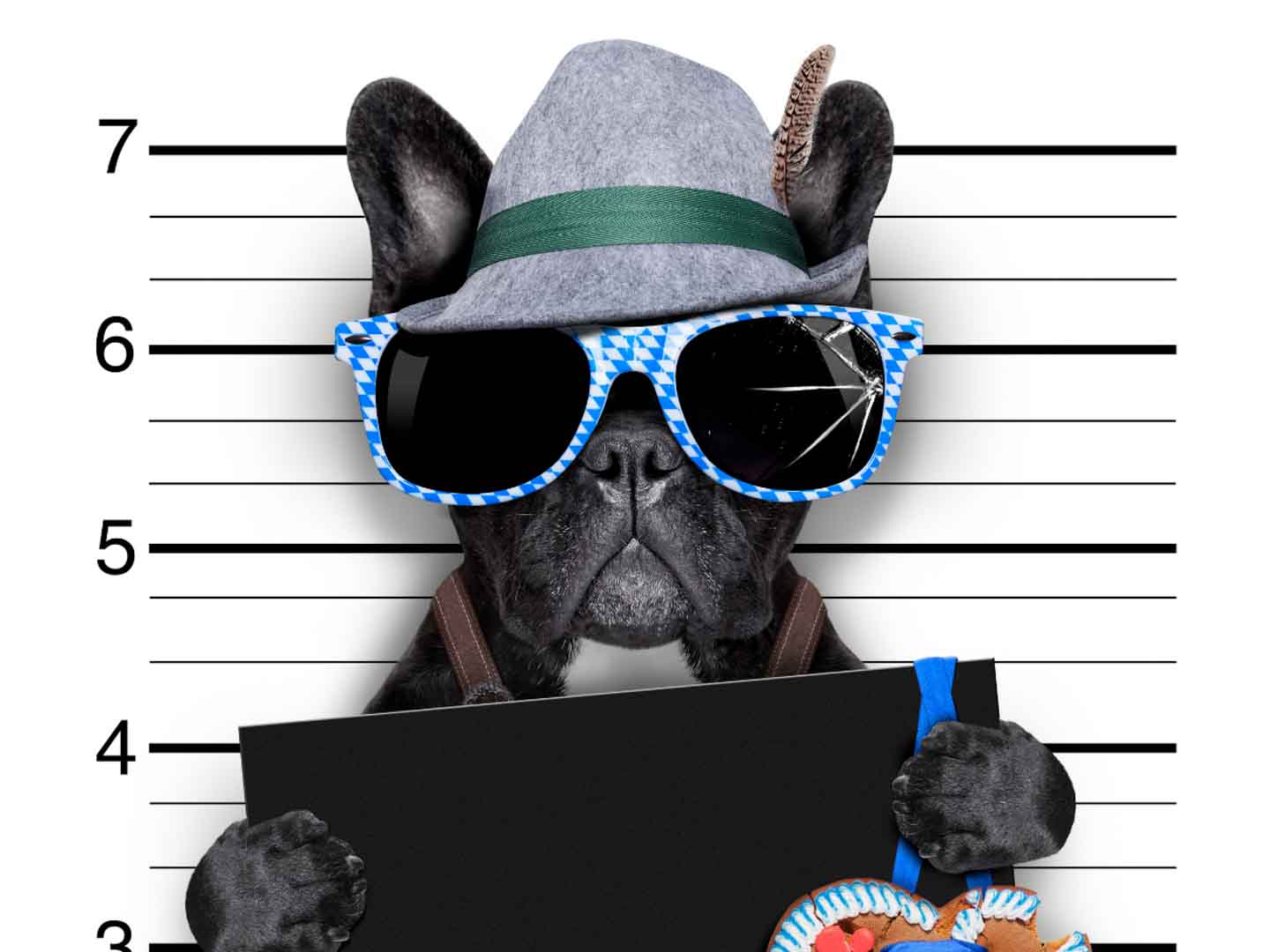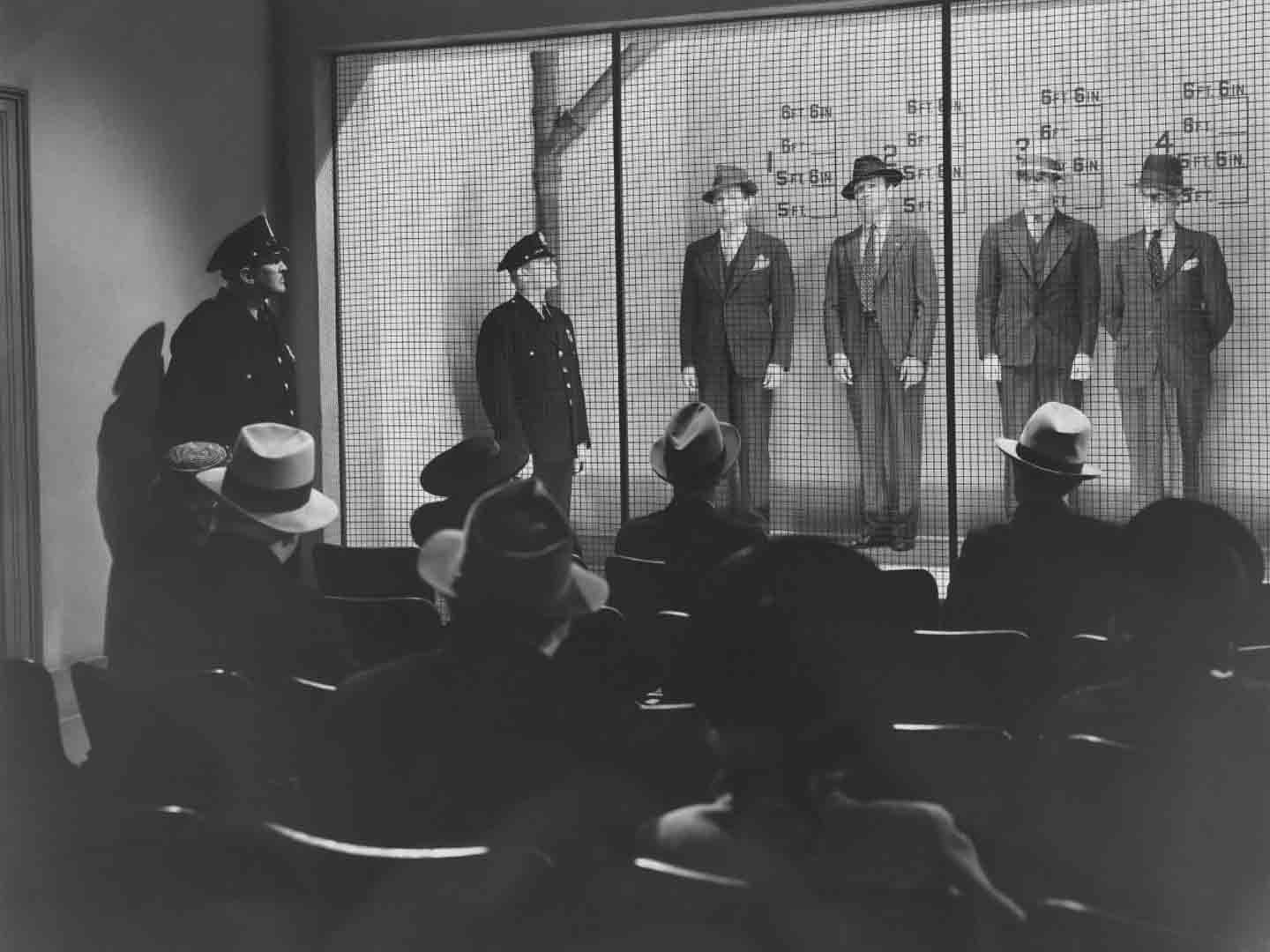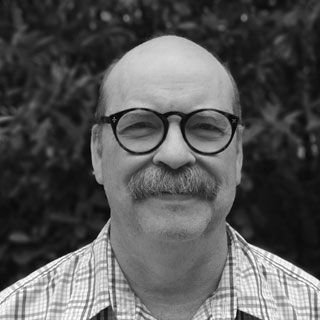
What Crime Shows Teach Us about Being a Good Witness

Growing up, I watched a lot of crime dramas and police shows and these days there are more of them than ever.
Whether they are trying to be funny or serious there is always a constant theme when trying to solve a crime: Finding a witness, or better yet multiple witnesses, and determining whether their accounts match up with each other and make sense with the physical evidence.
Inevitably there is the scene when the police line up several unsavory looking guys and say to the witness, "take your time … do you see the guy that [insert crime here]". Then the witness either says "yes, it was #3" or "I don't know it was too dark" or quickly shakes their head "no" (but maybe they really do know and are just too scared to say). Like I said … I watched a lot of these types of shows.
An Accurate Witness
What the cops in these shows really like is when the witness can describe what they saw in detail. A witness that says, "It was a white guy in a hoody" is not adding much value. But if the witness says, “It was a short guy, early 20s, with a limp and a tattoo that said 'Mom' on his neck"… now they have something to go on.
Sometimes on these shows, the witnesses don't give an accurate account:
- Maybe the police pressure them into identifying a certain suspect.
- Or maybe they are trying to protect someone they love so they point out someone else.
- Or maybe they just don't really remember what they saw.
Whatever the reason, the fallout from their wrongful claims can be devastating (or really funny depending on the type of show).
One thing is certain, a witness can (and should) only recount what they saw or heard or experienced. It isn't up to them to know how all the pieces fit together and even what all the pieces are. If they only saw the perpetrator from behind, they cannot say whether he wore glasses or had a beard. All they can share is what they know.

What we have Seen, and Heard & Experienced
Before Jesus Christ left His disciples for the last time, He told them "and you will be my witnesses…".
He didn't say "and you will have answers for all the world’s problems" or "you will live perfect lives" or "you will understand everything God is doing".
No, they were to testify to what they had heard and seen Jesus doing while they were with Him. And they would testify to how Jesus was still working in and through them by the power of the Holy Spirit that Jesus promised would come upon them.
Since the moment that Jesus spoke those words, His followers have done as He predicted.
The only reason that you or I have heard about Jesus today is because people have shared what they have witnessed over and over, thousands of times over the centuries.
- Sometimes at the cost of their lives.
- Sometimes with great hypocrisy in the way they lived.
- Sometimes in a whisper, sometimes shouting on the street corner.
Being a witness is not something you become. It is something you are.
Whether we have known Jesus for 1 hour or 50 years, the task is the same: to share what we have seen and heard and experienced of Jesus. Nothing more.
In the crime shows, a witness who is very shy, does not have to suddenly become a great public speaker or an expert of some sort to be effective when testifying to the jury. They just have to be authentic and believable. And of course, willing to take the stand.
 When Philip Cox was a kid, he wanted to be a doctor and then an architect and then a Rock Star! After many years working in the tech sector, Phil turned his knowledge and expertise towards helping the team at Outreach Canada harness the latest and most useful technologies as they serve the church in Canada and beyond. Phil is the Director of Technology Services at Outreach Canada.
When Philip Cox was a kid, he wanted to be a doctor and then an architect and then a Rock Star! After many years working in the tech sector, Phil turned his knowledge and expertise towards helping the team at Outreach Canada harness the latest and most useful technologies as they serve the church in Canada and beyond. Phil is the Director of Technology Services at Outreach Canada.